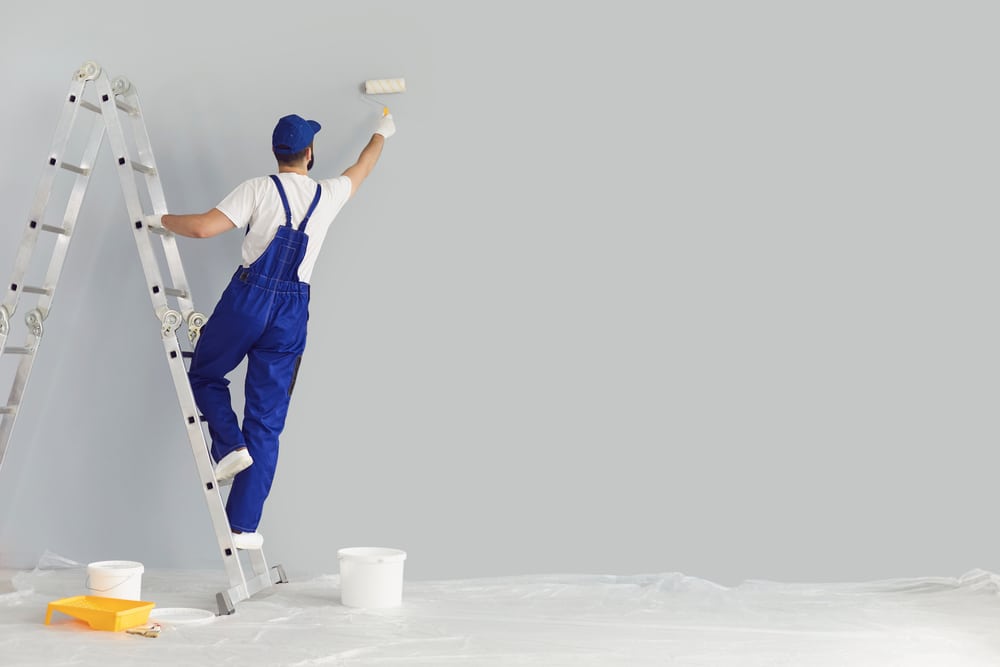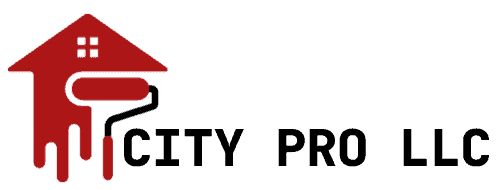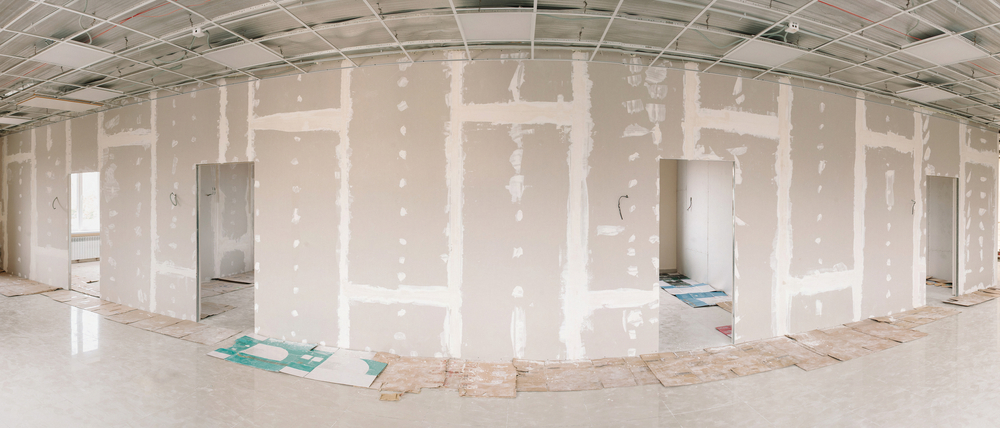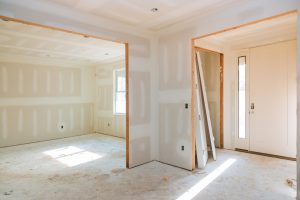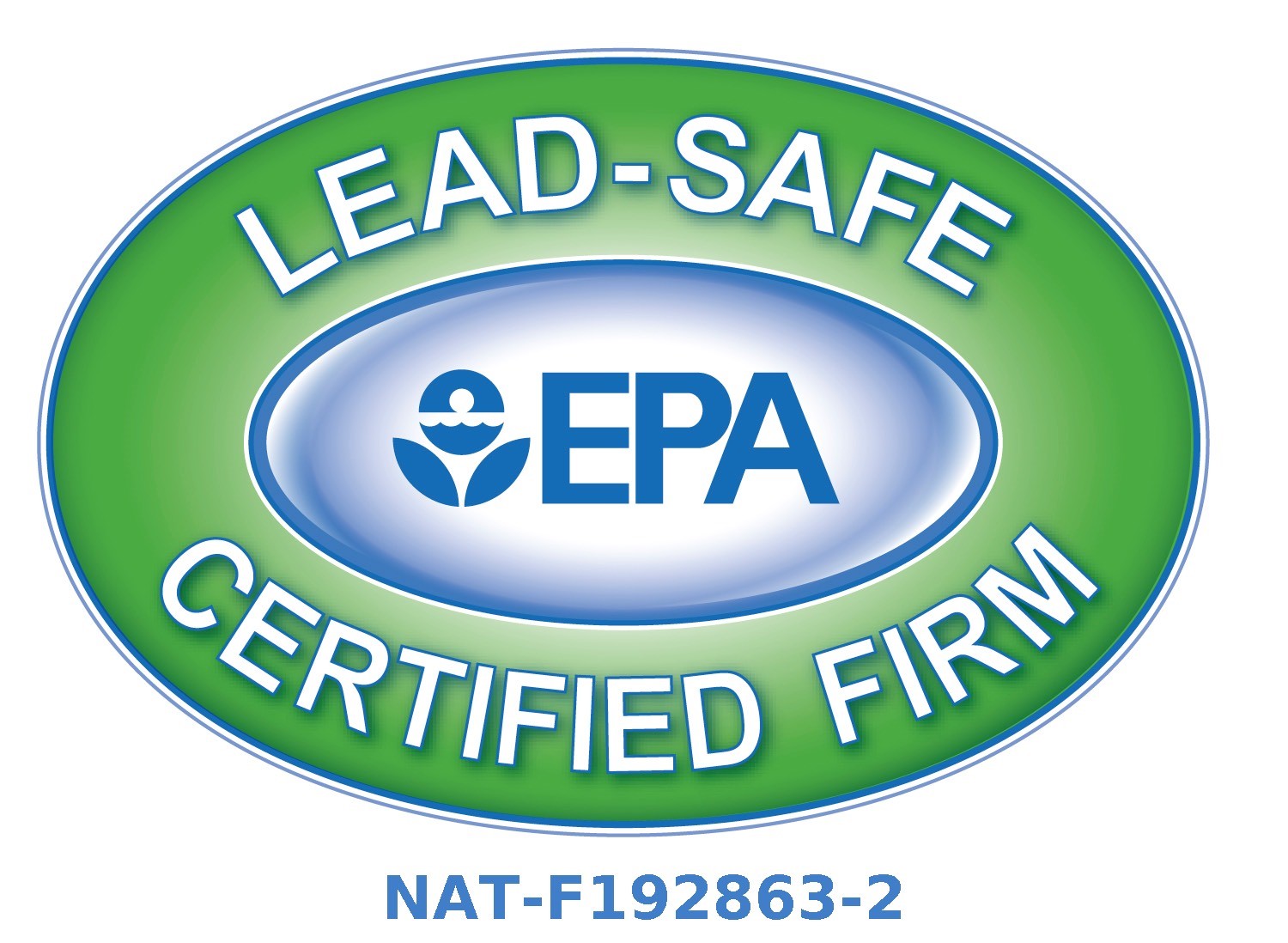Understanding the Connection Between Drywall and Energy Efficiency
Is Drywalling Over Existing Walls Right for You?
When it comes to giving your home a fresh and updated look, one option that often comes to mind is drywalling over existing walls. This home improvement project can provide a cost-effective way to transform the appearance of your interior spaces. However, before you decide to take on this endeavor, it’s essential to understand both the advantages and potential drawbacks. In this article, City Pro, Mercer County, NJ’s trusted home improvement contractor, will guide you through the pros and cons of drywalling over existing walls, helping you make an informed decision for your home.
Insulation Properties of Drywall
Drywall, also known as gypsum board or plasterboard, is more than just a surface for painting or hanging artwork. It’s a critical component of your home’s insulation system. Drywall acts as a thermal barrier, helping to maintain a consistent indoor temperature by preventing heat transfer between the interior and exterior of your home.
The R-value is a measure of a material’s thermal resistance, and drywall has an R-value that contributes to your home’s overall insulation. While it’s not as insulating as traditional insulation materials like fiberglass or foam, it still provides a level of thermal resistance that can make a noticeable difference in your energy bills.
City Pro can assess your current drywall and recommend upgrades if necessary in order to improve your home’s insulation.
Air Sealing and Drywall
Effective insulation goes beyond the R-value. Airtightness is another crucial factor in energy efficiency. Even if you have excellent insulation, air leaks can significantly undermine its effectiveness. Drywall helps in creating airtightness when installed properly.
City Pro’s experienced team can inspect your drywall for gaps, cracks, or poorly sealed areas. By addressing these issues, you can reduce drafts, minimize heat loss, and keep your home comfortable year-round.
Soundproofing and Energy Efficiency
Drywall also plays a role in soundproofing your home, which indirectly contributes to energy efficiency. When your home is well-insulated against noise, you’re less likely to crank up the volume on your heating or cooling systems to drown out outside sounds. This can lead to energy savings over time.
City Pro offers soundproofing solutions, including the installation of soundproof drywall or adding extra layers of drywall with acoustic properties. These options not only improve your home’s comfort but also its energy efficiency.
Upgrading to Energy-Efficient Drywall
If you’re looking to maximize your home’s energy efficiency, consider upgrading to energy-efficient drywall products. Some drywall manufacturers offer specialized products designed to improve insulation and reduce energy consumption.
City Pro can assist you in selecting the right type of energy-efficient drywall for your home improvement project. Whether it’s drywall with added insulation properties or sound-dampening features, our experts will guide you through the options to make an informed decision.
City Pro's Expertise in Energy-Efficient Drywall
In conclusion, drywall plays a significant role in your home’s energy efficiency and insulation. It serves as both a thermal barrier and an element of soundproofing when properly installed and maintained. To ensure that your drywall is contributing positively to your home’s energy efficiency, consult with City Pro, Mercer County, NJ’s trusted home improvement contractor.
At City Pro, we have the expertise to assess your current drywall, address any insulation or airtightness issues, and recommend energy-efficient solutions tailored to your specific needs. Contact us today to learn how we can help you enhance your home’s energy efficiency and overall comfort.
Don’t underestimate the importance of drywall in achieving a well-insulated and energy-efficient home. Let City Pro be your partner in creating a more comfortable and cost-effective living space.
